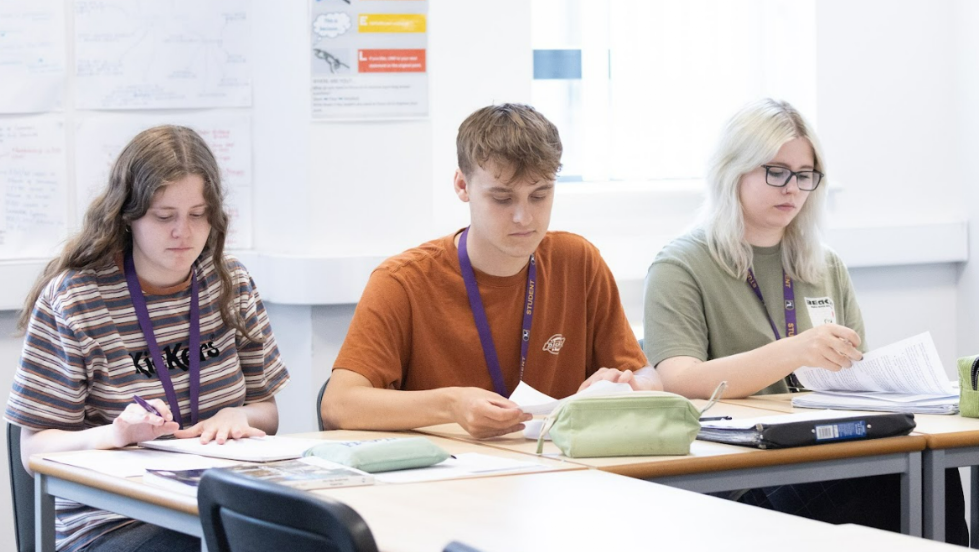Biology
Head of Department: Mrs A Clark
Syllabus Title: A-Level Biology
Exam Board: Edexcel
Length of Course: 2 Years
Entry Requirements: GCSE grade 6 (or above) in Science and Maths and GCSE grade 5 in English.
Description:
Biology is the study of living organisms and how they interact with each other and their environments; it is a multidisciplinary subject that is made of many fields. Biology explores the construction of living systems, how they develop, communicate, interact, reproduce, defend themselves, and shape the biophysical environment around them. Biologists are constantly looking to understand links between different disciplines of biology.
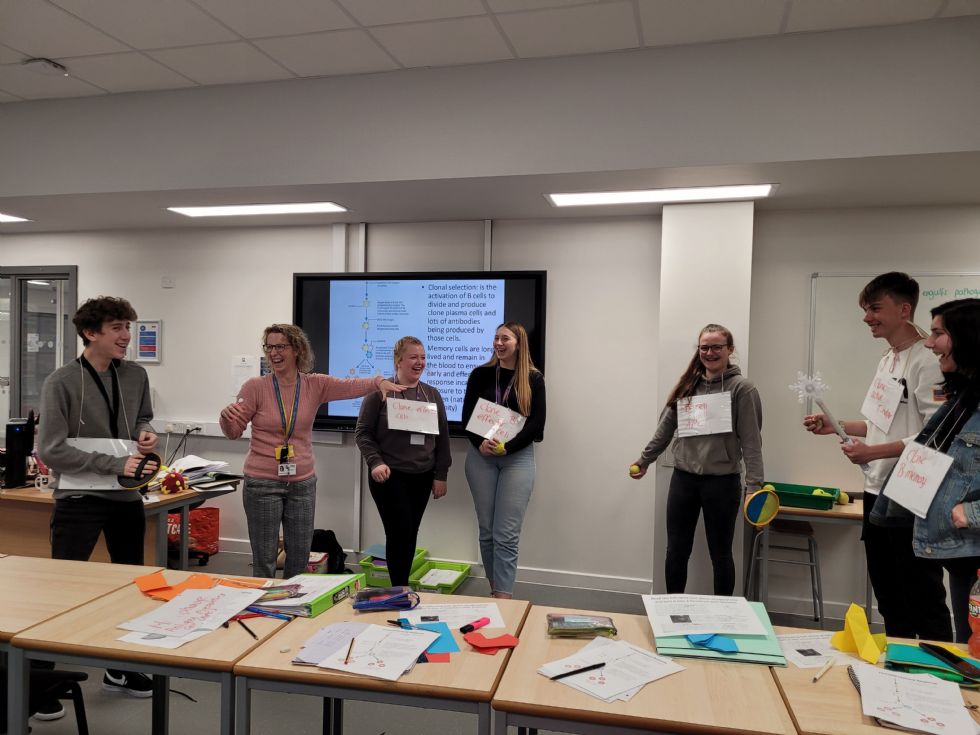
A-Level Biology is made up of major core components such as cell biology, biochemistry, physiology, microbiology, genetics, ecology and evolution. The science of Biology is undergoing an incredible and exciting revolution in our understanding, one that started in the 20th Century with the elucidation of the structure of DNA, and now continues in the 21st century with the completion of the Human Genome Project, and the emergence of disciplines such as proteomics, genomics and synthetic biology. The subject of biology is never dull or static - for example, there is incredible excitement and anticipation around projects such as the USAs BRAIN Initiative and the EU’s Human Brain Project, both of which seek to unravel the brain’s neuronal map.
Students who study A-Level Biology learn the fundamentals of the cell, biochemistry, ecology, physiology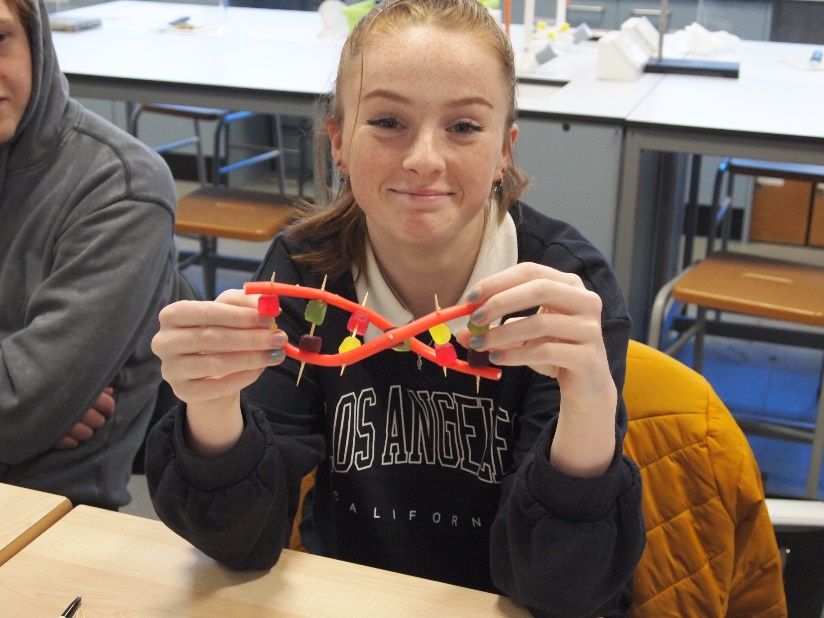 and other key elements of the subject. It can be hard work, but is always fascinating, engaging and relevant to the students and the planet we live on. Students will have two specialist Biology teachers to deliver high quality teaching in the dedicated Biology lab - combining theory, modelling, practical investigations and more. There is also a 2-day field trip, with opportunities for students to plan and carry out their own ecological investigations.
and other key elements of the subject. It can be hard work, but is always fascinating, engaging and relevant to the students and the planet we live on. Students will have two specialist Biology teachers to deliver high quality teaching in the dedicated Biology lab - combining theory, modelling, practical investigations and more. There is also a 2-day field trip, with opportunities for students to plan and carry out their own ecological investigations.
Topics Studies in this Course:
-
Biological Molecules
-
Cells, Viruses, and Reproduction of Living Things

-
Classification and Biodiversity
-
Exchange and Transport
-
Energy for Biological Processes
-
Microbiology and Pathogens
-
Modern Genetics
-
Origins of genetic variation
-
Control systems
-
Ecosystems
-
16 core practical experiments
Structure and Assessment of the Course:
|
Paper 1: Biochemistry, Microbiology and Genetics - 1.75hrs, 90 marks (30%) |
|
Paper 2: Physiology, Evolution and Ecology - 1.75hrs, 90 marks (30%) |
|
Paper 3: General and Practical Principles in Biology - 2.5hrs, 120 marks (40%) |
|
Core Practicals - 16 practical experiments, completed across two years of study |
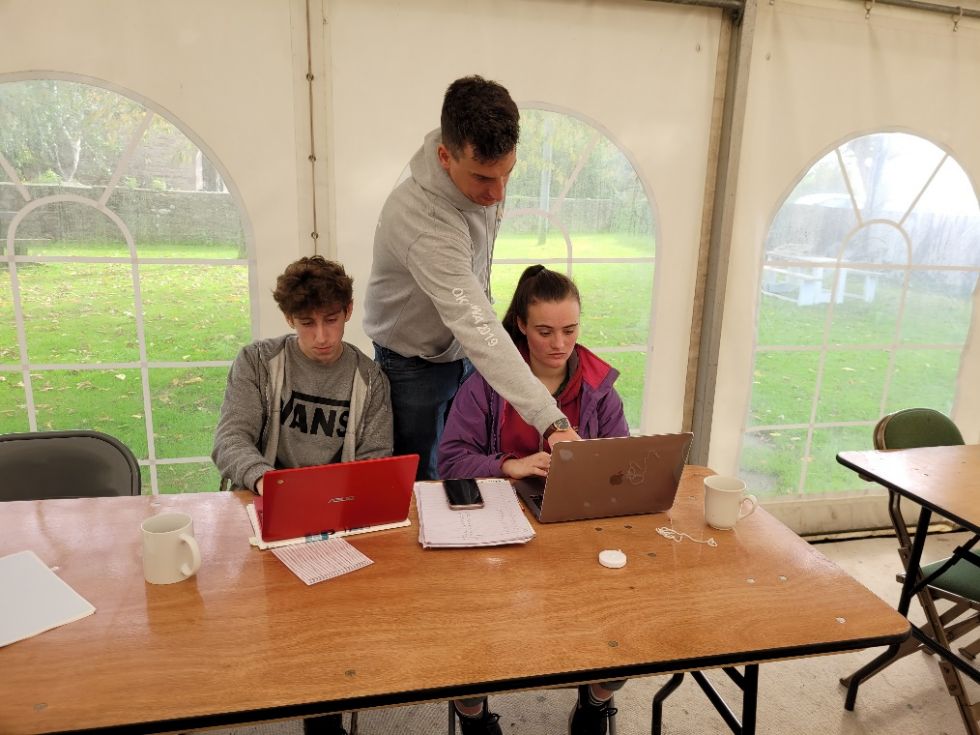
Post A-Level:
Studying Biology can lead to careers in medicine and medically-related disciplines, such as pharmacy or pharmacology, medical genetics, virology, parasitology, immunology, and medical microbiology, all requiring knowledge of Biology. Biology is an important component for most psychology degrees, owing to cognitive and abnormal psychology components. Biology is also important if someone wants to become a forensic scientist, ecologist or biomedical technical scientist. Furthermore, the subject is relevant for those who wish to study radiography or operate CT or fMRI scanners in a clinical setting. Subjects studies at degree level include agriculture, biochemistry, biomedical science, genetics, ecology, medicine, dentistry, neurology, physiology and zoology.
pharmacy or pharmacology, medical genetics, virology, parasitology, immunology, and medical microbiology, all requiring knowledge of Biology. Biology is an important component for most psychology degrees, owing to cognitive and abnormal psychology components. Biology is also important if someone wants to become a forensic scientist, ecologist or biomedical technical scientist. Furthermore, the subject is relevant for those who wish to study radiography or operate CT or fMRI scanners in a clinical setting. Subjects studies at degree level include agriculture, biochemistry, biomedical science, genetics, ecology, medicine, dentistry, neurology, physiology and zoology.
In short, the subject of biology is important as the basis for a wide range of biologically and medically-related careers and provides students with a balance of skill sets including the scientific method, observation, data analysis and statistics, and understanding correlations and causal relationships.
Biology is also a facilitating A-level, which means that universities consider it to be a rigorous course which demonstrates your abilities as a learner.
What the Students day about this topic:
"I like how it links to my other subjects"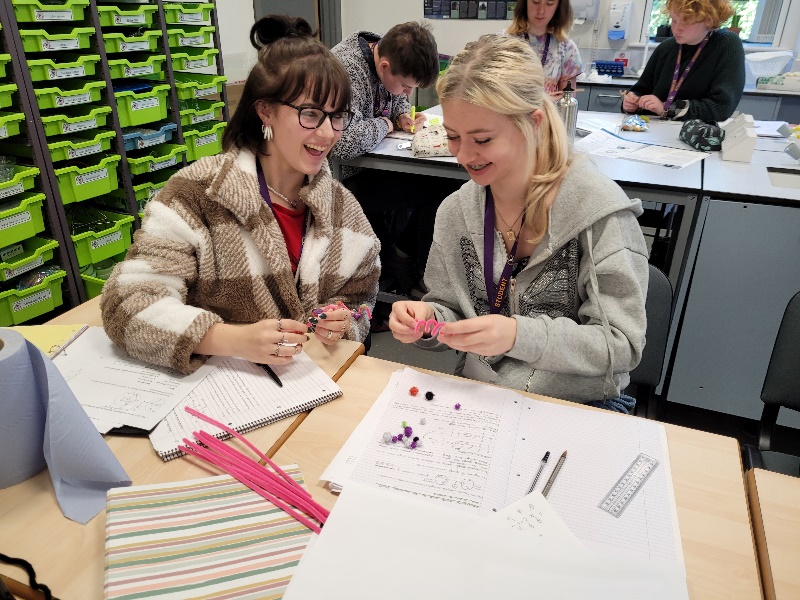
"It will help with my future career"
"It is a powerful A-level"
"The lessons are very interesting"
Specification Links


